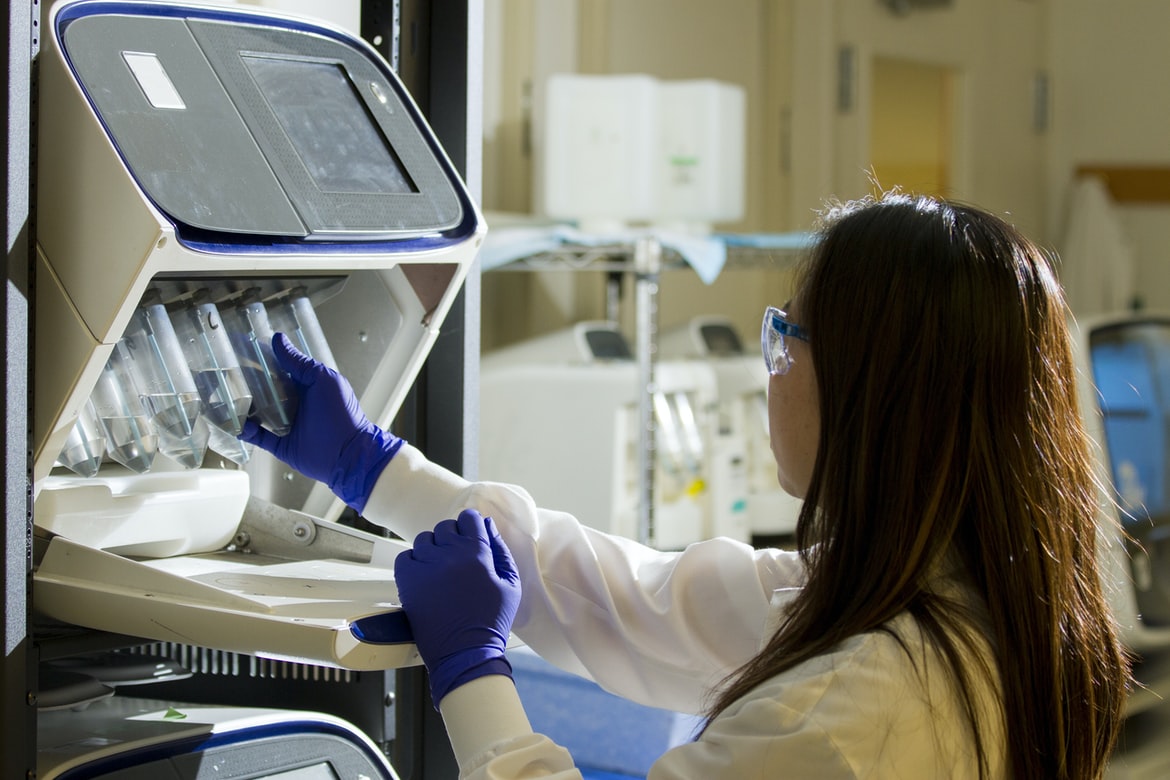Biomedical Research
Announcing the 2022 Expansion Award Recipients
June 2, 2022
 We are proud to present our 2022 Expansion Award Program awardees!
We are proud to present our 2022 Expansion Award Program awardees!
This year, proposals from 10 research teams across the globe have been selected, for a total investment of over $490K. Our Expansion Awards enable ‘piggyback’ funding for teams to add new directions or approaches to their currently funded work, supporting researchers by expanding the scope of an existing project, expediting time to completion, or otherwise increasing the scientific interest or impact of existing studies already underway.
Among this year’s awardees, selected proposals showcase a broad spectrum of science, from microscopy to computation to molecular techniques, and demonstrate the myriad ways in which Expansion Awards can impact the trajectory of science. The Expansion Awards give our research teams the ability to move hypotheses forward from in vitro models to proof-of-concept demonstrations of efficacy in human tissue, bringing new pharmacological treatments many steps closer to the clinic; the ability to test and validate brand new sequencing approaches, that for the first time, may allow researchers to assess all types of cellular RNAs at once; and, offer them the gift of time, accelerating projects by up to a full year, increasing the potential impact of publications and freeing these teams up to explore their next great ideas in the single ventricle space. And, while the term of these awards is only 12 months, these investments will continue to offer returns in the long term – next generation equipment and technology housed in labs that are devoted to single ventricle research will outlive any single project and will continue to drive future discovery years beyond the limits of our initial support.
For more details on all Additional Ventures awardees, see our Funded Studies page.
Expansion Award Recipients
| Primary Investigator | Project Title | Institution |
|---|---|---|
| Jonathan Butcher, PhD | Expanded nucleotide sequencing for phenotypic mapping of cardiogenic neighborhoods | Cornell University |
| Ingeborg Friehs, MD | Precision Therapy for Endocardial Fibroelastosis | Boston Children’s Hospital |
| Matthew Jolley, MD | Deep Learning and Physics Informed Neural Networks to Advance Single Ventricle Atrioventricular Valve Modeling | Children’s Hospital of Philadelphia |
| Muge Kuyumcu-Martinez, PhD | Defining cell specific roles of RBFOX2 in cardiovascular development and HLHS | University of Texas Medical Branch at Galveston |
| Lisa Maves, PhD | Proteomics Analyses of Proteasome Factors in Zebrafish Heart Development | Seattle Children’s Hospital |
| Andrew McCulloch, PhD | Predicting Cardiac Dysfunction and Fontan Failure in Single Ventricle Patients | University of California, San Diego |
| Jian Shu, PhD | Spatiotemporal decoding of the placenta-heart axis through single-cell multi-omics and spatial genomics | Massachusetts General Hospital |
| Duncan Sparrow, PhD | Gene-environment interactions and single ventricle congenital heart disease | University of Oxford |
| Andrew Spearman, MD | Role of inflammation and flow in pulmonary arteriovenous malformations | The Medical College of Wisconsin |
| Diwakar Turaga, MD, PhD | Spatial Transcriptomics Investigation of Pediatric HLHS Myocardium | Texas Children’s Hospital |